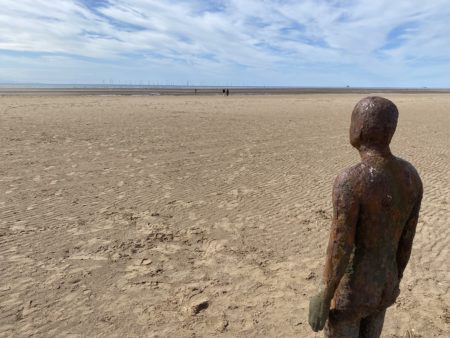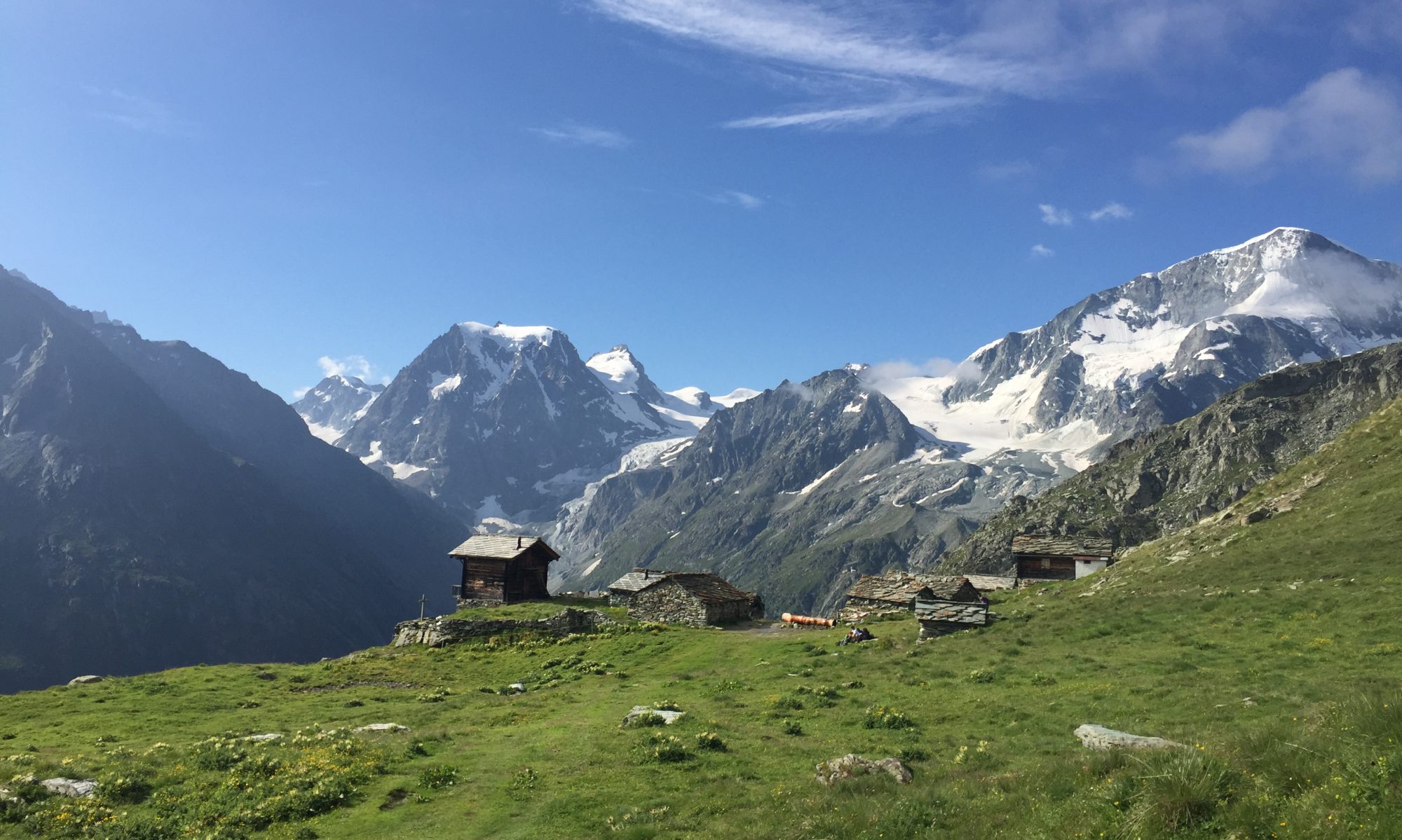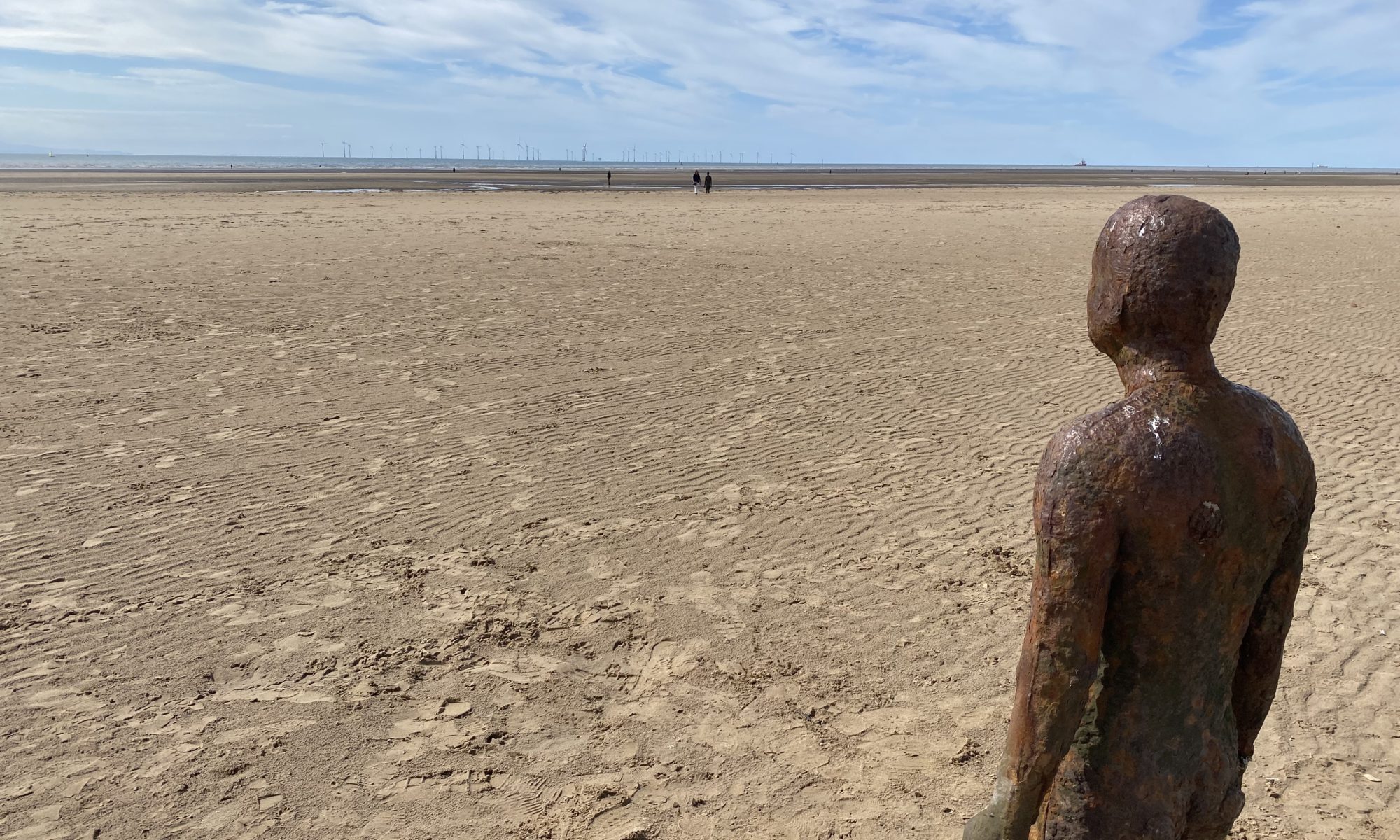
I had a liberating experience discussing climate change earlier this year. I am a trustee and volunteer at a charity that for years has been focussed on tackling the climate emergency. It is co-leading the campaign against the construction of a new coal mine in the north of England.
We had a session with our members and supporters to discuss what our next priorities should be to address the climate emergency. They said our priorities should be on adaptation: making the town and its citizens resilient to climate change. The members also said we should be more honest in communicating what’s actually happening. And we should keep fighting against fossil fuel projects.
So this is the view from the ground. From a town that was the first in the UK to set up a citizens climate jury. It’s a view that is both liberating and realistic. It contrasts with the global discourse which is increasingly becoming an elaborate charade.
I don’t mean that with any disrespect to the many people, and many former colleagues who are tirelessly and optimistically working at the international level. This is not a criticism of what has been done. It’s just that a change in direction, emphasis and narrative on climate change are all sorely needed. The current strategies are not working fast enough. They may even be becoming counter-productive. So what’s to be done? Here are a few ideas for business.
Act on Forecasts not Dreams
It is time for the NGOs, think tanks, consultancies and business platforms to articulate a more honest narrative on climate. In the lead-up to COP26 in Glasgow, the talk was about ‘keeping 1.5° alive’. One year on, respected organisations are still putting out reports appealing for more urgency. And providing ever more unrealistic ‘this is what is needed’ insights, analyses and strategies. No-one I have spoken to this year believes in this anymore.
The taboo needs to be broken. Its time to focus more on the most likely climate outcome: 2.6°-3.2° of heating. Which is not to suggest taking our eye off the ball of preventing every fraction of a degree of future global heating.
Presumably somewhere in air-conditioned rooms, groups of people are now working on a new consensus, ambition and rallying cry. Its already too late to adopt a 2° threshold: that feels like going back to the future. The Race to Resilience is welcome, but feels like a coalition of coalitions. People on the ground want honesty, not cheerleading. Lets find a way to focus on outcomes, impacts, and actions that are commensurate with the scale of the challenge. Such as fossil fuel non-proliferation.
Focus on Fossil Fuels and NDCs
“Net-zero” needs to be put back into its box. As I have written before, “The original intent of ‘Net Zero’ – to create corporate action to push for government action has been captured by corporate marketing departments. This is diverting attention from what is really needed.”
Which is that businesses should set targets for when they will be free of fossil fuels from their Scopes 1, 2 and 3. We need them to provide quarterly reporting on progress.
The other reason for dialling back on ‘not-zero’ is that it has had an unintended consequence. Governments don’t feel the need to play their part when the impression is that business will do the hard lifting. The spotlight needs to be put back on Governments to do what they have to.
Companies should reinforce not deflect from Government efforts. Corporate reporting on climate activities needs to explicitly demonstrate, country by country, how companies are contributing to individual government NDCs.
Degrowth
Reducing demand urgently needs to be put centre stage. Despite being highlighted by the IPCC, demand reduction does not feature in any of the recent reports and corporate narratives I have seen. Clearly its uncomfortable: it questions the basis of the mainstream economic model. Yet it is also a good time to do this as we struggle through late-stage capitalism. Its not more growth we need; its less, better directed growth.
So its timely that the idea of degrowth is making a return, this time with more academic rigour, and more diverse voices getting behind it. Degrowth is not about less of the same. It is about growing the things that are needed for societal wellbeing, equity and nature; accompanied by a shrinkage of the unnecessary activities in rich nations that are not delivering societal wellbeing.
There is much still to work out, not least the details of what and how. However, we only need to observe the per-capita consumption and emissions of the top 1% of society to get some clues where to start: private jets, SUVs, built-in obsolescence, and the creation of desire for the next new thing.
A Just Transition
At COP26 there was a new found enthusiasm by companies for ‘just transition’. They are now busy interpreting what it means for their own internal audiences and external positioning. Often simplified to mean ‘leave no-one behind’, it actually goes beyond a few add-ons to the content of climate roadmaps.
Embracing ‘just transition’ will be less about adjusting current business practices, and more about intentionally changing them. If companies are serious about a just transition this will involve placing a scrutiny on the economic model we are following. An economic model which is reliant upon extractive approaches to both the environment and labour. Degrowth provides a way to approach this by creating a planned, democratic and therefore, just and equitable approach to tackling climate change.
Avoiding Climate Tunnel Vision
Its surprising how climate change is now the primary lens through which many companies view the broad range of sustainability challenges they face. Its hard to understand if this laser focus on climate is just a question of the attention pendulum swinging too far one way, or is based upon a more sinister ‘intending the unintended consequences’.
Either way it is leading to (some) companies ignoring or conveniently shifting their gaze from potentially more significant issues such as biodiversity, living income and inequality.
I have written before about the ability of us all to address only a few big issues at once, as well as the interconnectedness and complexity of sustainability issues. Approaches to sustainability (and climate) need more nuance, balance and logic.


